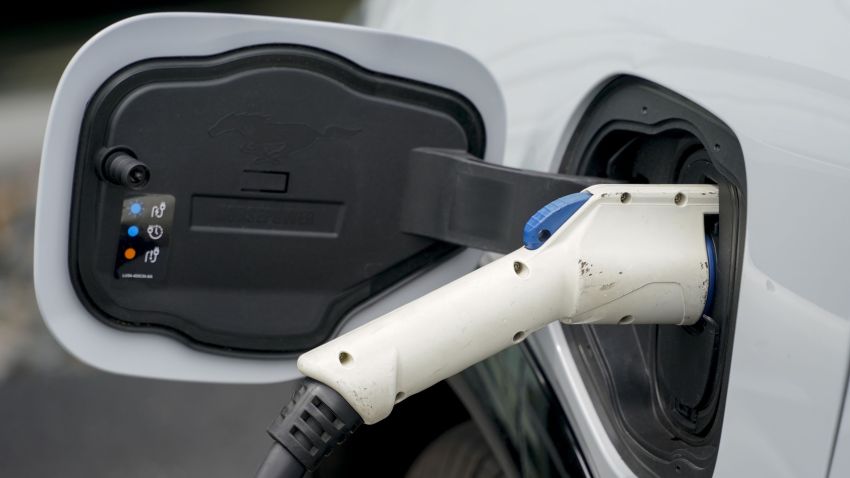Electric vehicles are poised to take over the global car market. In China, the world’s largest car market by far, sales of pure electric vehicles nearly doubled year-on-year in May; combined with hybrid gasoline-electric vehicles, they more than doubled. Chinese electric vehicles now make up 20 percent of the domestic car market and 40 percent of the global electric vehicle market. At this rate, new car sales in China will be fully electric by 2025.
China dominates not just global demand, but also global supply of the critical components for electric vehicles. In 2020, 76 percent of the world’s lithium-ion batteries were produced there, along with 60 to 80 percent of the separators, anodes, electrolytes and cathodes in them. China also dominates the battery minerals supply chain, including lithium, nickel and rare earths. While its domestic deposits are not large, Chinese companies have invested heavily in overseas mines, such as for cobalt in the Democratic Republic of Congo, and have collectively built a large refining capacity at home. Chinese companies are responsible for 80 percent of global raw material refining for electric vehicle batteries, including 65 percent of global processing of battery-grade lithium.
In the United States, the world’s second-largest automotive market, electric vehicle sales have been slow and steady for a decade. But things are changing fast. In the first quarter of 2022, electric vehicle sales grew by a whopping 60 percent and now account for close to 6 percent of the total domestic passenger car market. Tesla remains the largest electric vehicle manufacturer, but all the big U.S. car companies have committed billions of dollars to rapidly expand electric vehicle production. GM says it will completely phase out gasoline-powered cars by 2035. Last week, California—the largest car market in the U.S.—announced a ban on sales of gas-powered cars after 2035.

